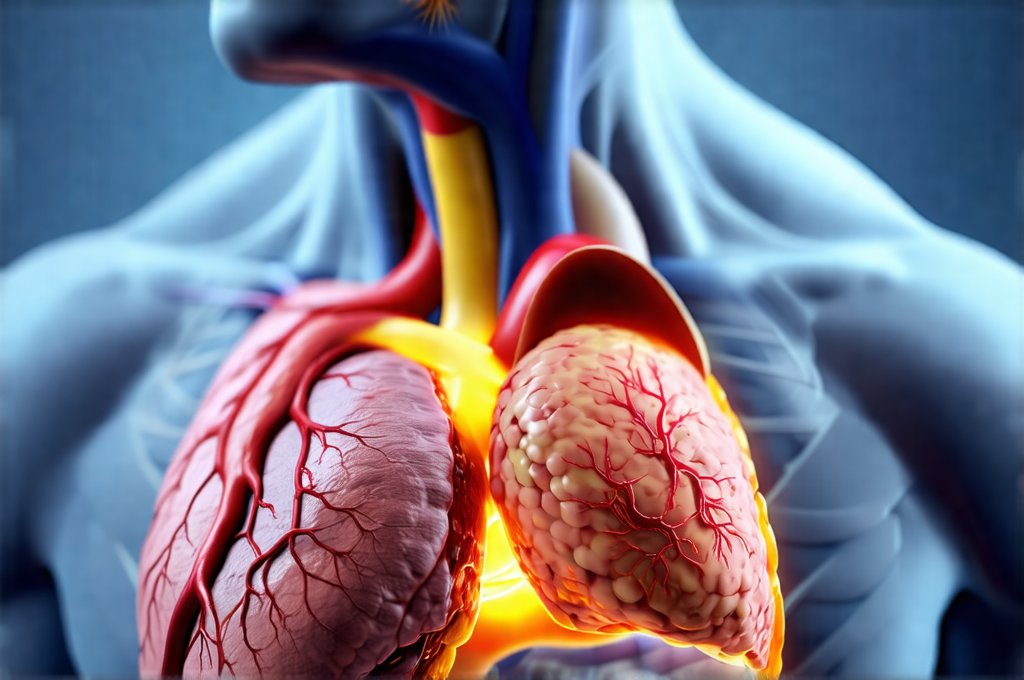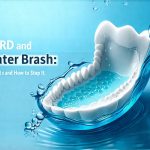Acid reflux, also known as gastroesophageal reflux disease (GERD), is a surprisingly common condition affecting millions worldwide. It occurs when stomach acid frequently flows back up into the esophagus – the tube connecting your mouth to your stomach. This backflow can cause heartburn, regurgitation, and other uncomfortable symptoms, but its effects often extend beyond just digestive distress. While many focus on managing the immediate discomfort, there’s a growing understanding of how chronic acid reflux can impact nutrient absorption, potentially leading to deficiencies in vital minerals like iron. It’s not simply about the burning sensation; it’s about the long-term consequences for overall health and well-being that are often overlooked.
The connection between acid reflux and iron deficiency isn’t immediately obvious, but the underlying mechanisms are becoming clearer through research. The acidic environment created by frequent reflux can directly interfere with the body’s ability to absorb iron from food. Furthermore, chronic inflammation caused by persistent esophageal irritation may also play a role in reducing iron uptake and increasing its loss. Recognizing this link is crucial because both acid reflux and iron deficiency can present with similar symptoms like fatigue and weakness, making diagnosis more challenging. This means that what appears as simply “being tired” could potentially be signaling a deeper issue requiring attention from a healthcare professional. Understanding acid-reflux-and-anxiety can also help manage related symptoms.
The Impact of Stomach Acid on Iron Absorption
Iron absorption is a complex process heavily reliant on the environment within the digestive system. There are two main forms of iron found in food: heme iron and non-heme iron. Heme iron, present in animal products like meat, poultry, and fish, is readily absorbed by the body – around 15-37% is typically absorbed. Non-heme iron, found in plant-based foods (like spinach, beans, and fortified cereals) and supplements, has a lower absorption rate—around 2-20%, heavily influenced by other dietary factors. This is where acid reflux comes into play. The highly acidic environment created during reflux can damage the intestinal lining, reducing its capacity to effectively absorb nutrients including iron.
The stomach’s acidity actually helps with non-heme iron absorption by converting ferric iron (Fe3+) to ferrous iron (Fe2+), a form more easily absorbed in the small intestine. However, excessive or frequent acid reflux can overwhelm this process and create an environment where iron isn’t properly converted or available for absorption. Chronic inflammation caused by repeated exposure to stomach acid further exacerbates this issue, damaging the intestinal villi – tiny finger-like projections that are critical for nutrient uptake. Essentially, the very mechanism meant to aid in digestion becomes a barrier when it’s happening excessively and inappropriately. You can learn more about how tight clothing may exacerbate symptoms.
Moreover, certain medications commonly used to manage acid reflux, like proton pump inhibitors (PPIs), while effective at reducing stomach acid production, can also decrease overall iron absorption. While PPIs address the symptom of heartburn, they may inadvertently contribute to nutrient deficiencies if used long-term without careful monitoring or supplementation when necessary. This creates a complex interplay between managing symptoms and maintaining nutritional status, highlighting the need for individualized care and consultation with a healthcare provider. The role of fiber in mitigating these issues is also significant.
Understanding Iron Deficiency Anemia
Iron deficiency anemia develops when the body doesn’t have enough iron to produce hemoglobin – the protein in red blood cells that carries oxygen throughout the body. This leads to fewer red blood cells or smaller, less functional red blood cells, resulting in reduced oxygen delivery to tissues and organs. Symptoms of iron deficiency anemia can be subtle initially, including fatigue, weakness, shortness of breath, pale skin, dizziness, and headaches. Because these symptoms overlap with those of acid reflux (and many other conditions), it’s easy for the underlying issue to go unnoticed. Acid reflux and nausea can sometimes mask underlying iron deficiencies.
Diagnosing iron deficiency anemia typically involves a blood test to measure hemoglobin levels, hematocrit (the percentage of red blood cells in your blood), and serum ferritin (a protein that stores iron). Low levels of these indicators suggest iron deficiency. However, it’s important to note that ferritin can also be elevated during inflammation, which can sometimes mask true iron deficiency. Therefore, a comprehensive assessment by a healthcare professional is crucial for accurate diagnosis and appropriate treatment. Treatment usually involves addressing the underlying cause (like acid reflux) and supplementing with iron, either through dietary changes or iron supplements.
Dietary Strategies & Supplementation Considerations
Addressing potential iron deficiency related to acid reflux often requires a multi-pronged approach combining dietary modifications, lifestyle adjustments, and potentially supplementation under medical guidance. Increasing intake of iron-rich foods is the first step. Good sources include: – Lean red meat – Poultry – Fish – Fortified cereals – Beans and lentils – Spinach and other dark leafy greens – Dried fruits (apricots, raisins) Combining these foods with vitamin C-rich sources (citrus fruits, bell peppers, strawberries) can significantly enhance non-heme iron absorption.
However, dietary changes alone may not be sufficient if acid reflux is severely impacting nutrient uptake or if the deficiency is already established. In such cases, iron supplementation might be necessary. It’s critical to consult with a healthcare provider before starting any supplement regimen, as excessive iron intake can be harmful. Different forms of iron supplements are available (ferrous sulfate, ferrous gluconate, ferrous fumarate), and tolerance varies between individuals. Some experience gastrointestinal side effects like constipation or nausea, making it important to find a form that is well-tolerated. Understanding the effect of caffeine on your body can also influence dietary choices.
Finally, managing the acid reflux itself is paramount. This may involve lifestyle changes such as: 1. Elevating the head of your bed 2. Avoiding trigger foods (spicy foods, caffeine, alcohol, chocolate) 3. Eating smaller, more frequent meals 4. Losing weight if overweight or obese In some cases, medication might be necessary to control acid production and prevent further damage to the esophagus and intestines, thereby improving iron absorption over time.
Long-Term Implications & Prevention
The consequences of chronic iron deficiency extend beyond just feeling tired. Over time, it can lead to impaired cognitive function, weakened immune system, increased susceptibility to infections, heart problems, and even developmental delays in children. For individuals already experiencing health challenges, iron deficiency can exacerbate existing conditions and hinder recovery. Therefore, proactively addressing the link between acid reflux and iron levels is a crucial part of preventative healthcare.
Prevention starts with understanding your individual risk factors. Those diagnosed with GERD, frequent heartburn sufferers, or those taking PPIs long-term are at higher risk for developing iron deficiency. Regular check-ups with a healthcare provider, including blood tests to monitor iron levels, can help identify deficiencies early on. Additionally, adopting healthy lifestyle habits – maintaining a balanced diet rich in iron and vitamin C, managing stress, and avoiding known reflux triggers – can significantly reduce the likelihood of developing both acid reflux and subsequent iron deficiency. It’s also important to consider carbonated beverages as potential triggers.
The interplay between gut health, acidity, and nutrient absorption is complex but increasingly understood. It’s not simply about treating symptoms; it’s about addressing the underlying mechanisms that contribute to these conditions. This holistic approach—combining dietary adjustments, lifestyle modifications, appropriate medical interventions when necessary, and regular monitoring—is key to maintaining optimal health and preventing long-term complications. Ultimately, recognizing the potential for iron deficiency in individuals with acid reflux is a vital step towards more comprehensive and effective healthcare.


















